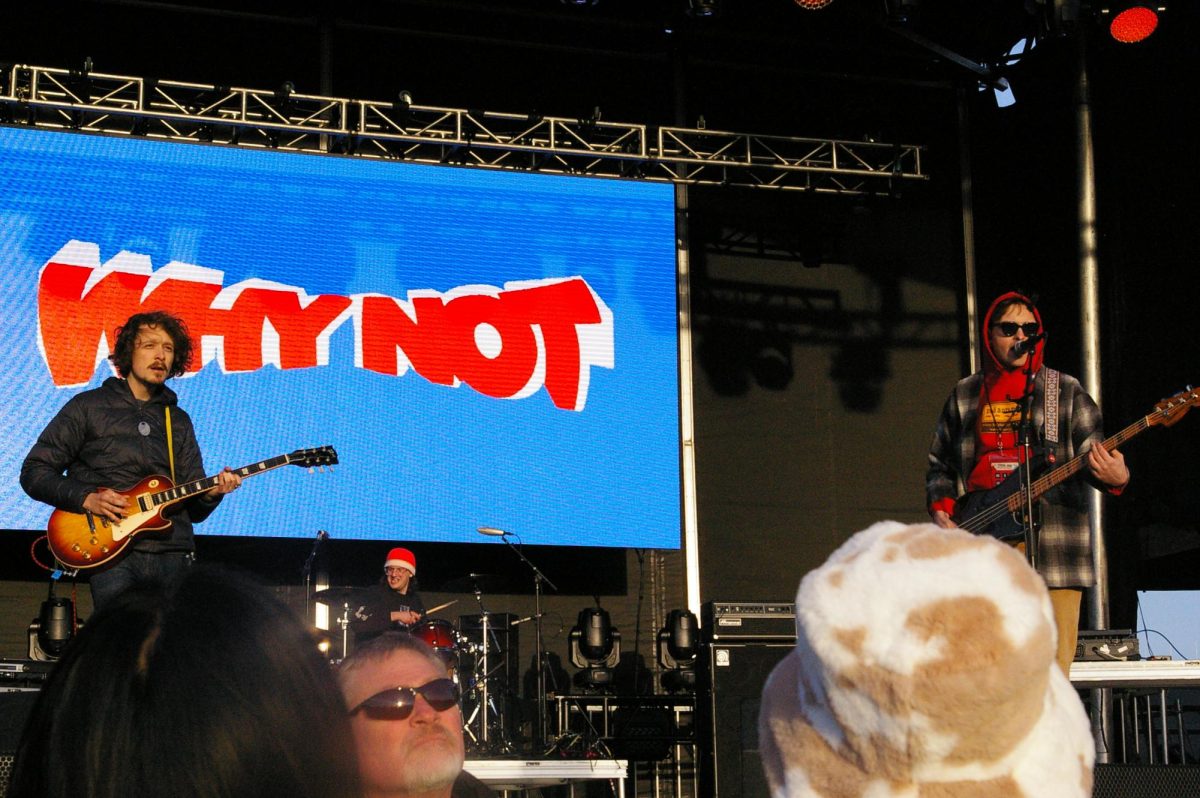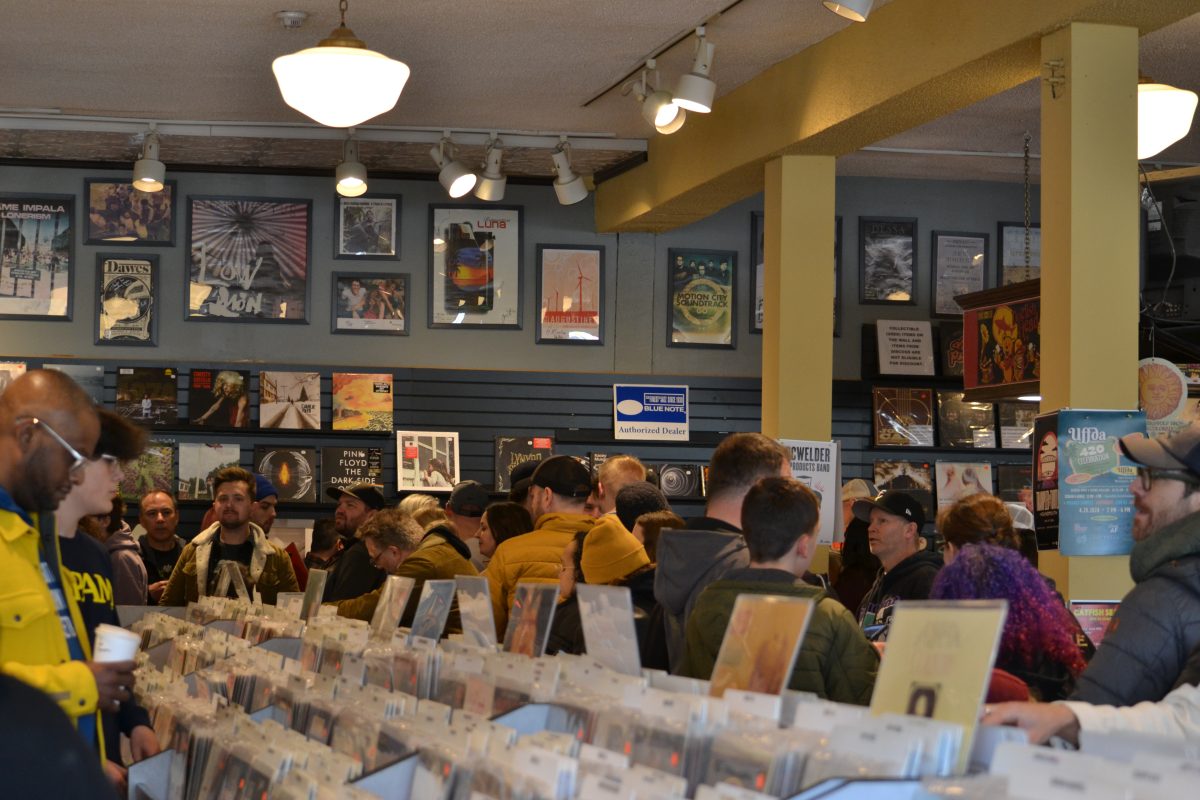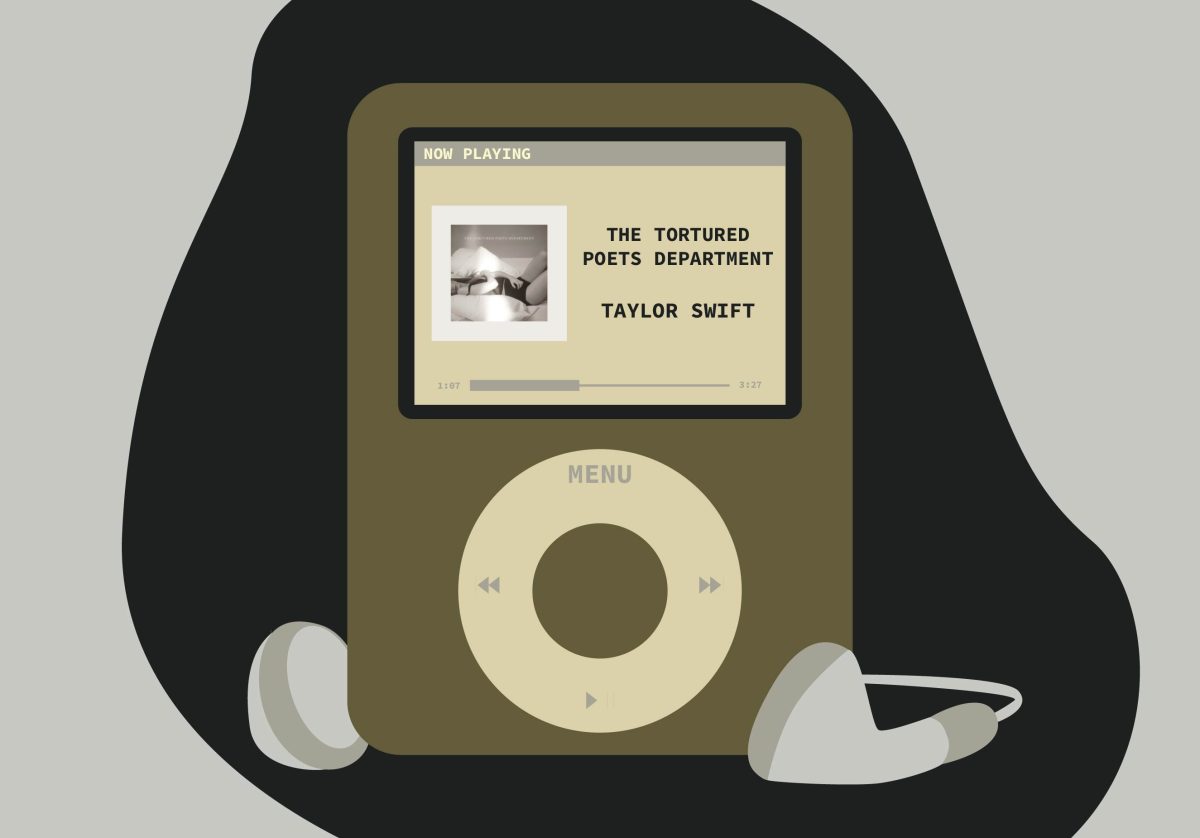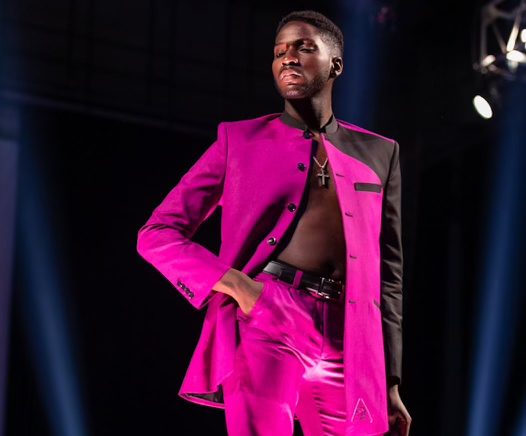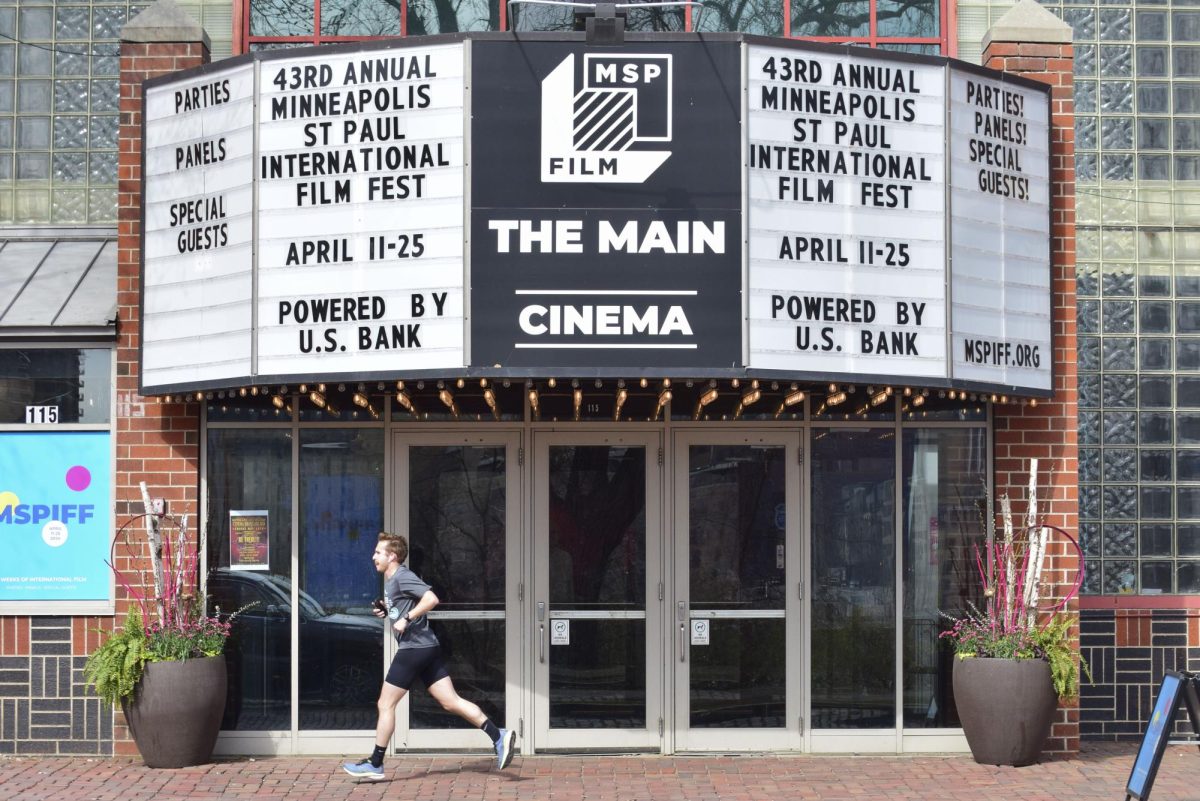Thomas Glave wonders, What if Monica Lewinsky had been black? And what if instead of a woman, Lewinsky was a man?
In his collection of essays, mostly written after 2000, Glave questions what it means to be an “other” both in race and sexuality. He struggles to create an identity for himself as a gay Jamaican American.
Although Glave poses more questions and points out more problems than gives answers, with “Words to Our Now” Glave begins to find an original voice. His essays blur poetry and prose with memoir and political activism. He crafts colorful idealistic dreams of love and acceptance next to dark realities of hate crimes.
This allows “Words to Our Now” to confront homophobia and racism, and the essays look beyond simply solving violence and address issues of producing queer ideologies and languages.
Here, in an interview with A&E, Glave answers some of the questions his book poses.
One of the essays in the book, “An Open Letter to the People of Jamaica” was written in 1998-1999. Have you seen any improvements in how queers are treated in Jamaica since then?
In some ways things have changed, but mostly they’ve stayed the same. But what is different is people are talking a lot more about GLBT people in a public sphere and that really comes from J-FLAG’s (Jamaica Forum for Lesbians, All-Sexuals and Gays) work.
J-FLAG was essentially started by a group, including myself, in Kingston, concerned with what was happening to gay, lesbian and transgender Jamaicans. We tried to begin dialogues about GLBT issues and started dealing with the police, who are notoriously abusive, and work with the media. In that sense, J-FLAG was successful. But we’re fighting an uphill battle.
Has the violent, homophobic images in dancehall lyrics decreased at all with an international audience?
J-FLAG couldn’t apply enough pressure at home. The musicians wouldn’t listen to us, and people could be endangered here if they speak out. So the international pressure, like in 2004 the Stop Murder Music campaign in England that spread to the United States had an impact. The bigger artists like Beenie Man and Buju Banton lost gigs and sponsors dropped them. And the Jamaican beer company Red Stripe stopped their sponsorship of a dancehall that was too homophobic.
Did the pressures from the international and business communities have any effect on the general public?
No. It actually increased resentment on a local level. Jamaica is very entrenched in Christian tradition. It compromises much of the dialogue about GLBT people. There’s a strong fundamentalist and conservative perspective that makes it difficult.
How do you think homophobia and violence toward queers can be helped in cultures (including the U.S.) that are fundamentally religious?
I think laws have to be passed. Whatever you believe, you’re entitled to that; I believe that strongly. But how do you get people to respect you? You get laws to mediate. I see gay rights in much the same way as gender issues. There’s still a concept that women have certain roles and men have their roles. We’re wrapped up in gender differentials. And until we deal with that, we can’t deal with GLBT rights.










